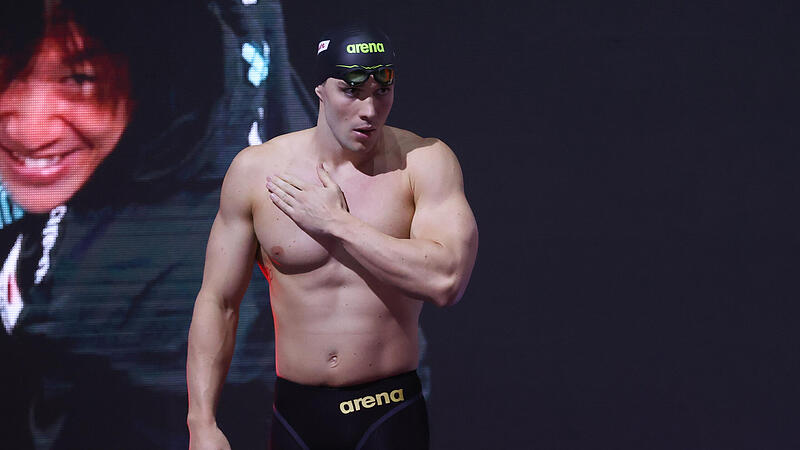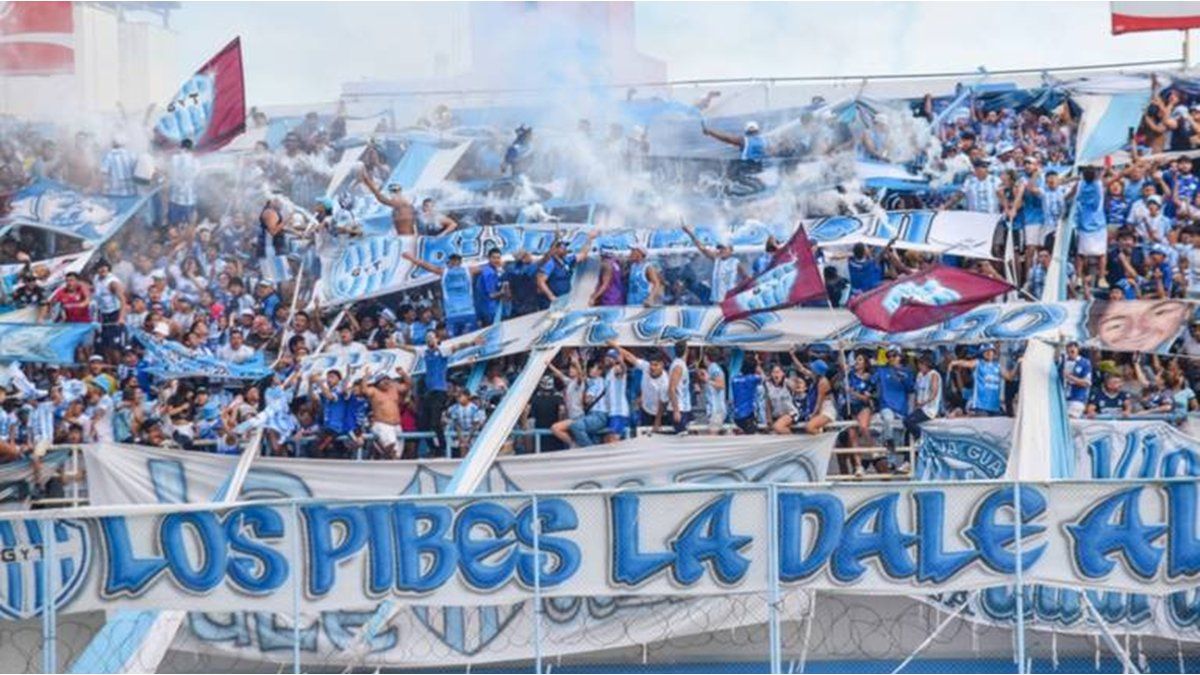With five finals, Budapest was the most successful World Championships for Austria’s pool swimmers – high diving and open water swimmers will follow from today – since the Jukic era. Swimming President Arno Pajek described the two synchronous bronze medals of the Alexandri sisters as the icing on the cake. In the 50-meter pool, the final appearances went to the caps of two Linzers by choice, Bernhard Reitshammer (4th) and Simon Bucher (6th), alongside Felix Auböck, who trains in England. Especially since the two native Tyroleans also formed half of the 4×100 meter medley relay, which with seventh place on Saturday set an exclamation mark in the direction of Olympic qualification. “Börni and Simon have arrived in the world class,” says Florian Zimmermann, who was satisfied with his first long-track world championships as Upper Austria’s state coach.
The “Upper Austrian Way”
At home in the Olympic Center in Linz, Gerhard Rumetshofer was happy. “It doesn’t matter whether it’s the supervisor, physiotherapist or sports scientist – everyone here cheered,” says the state sports director, for whom the results are a confirmation of the path we have taken – “the Upper Austrian path”, as he calls it. When Zimmermann followed Marco Wolf as coach last year, they and Gebhard Gritsch set the goal of swimming for Olympic medals in 2032. Gritsch, who looked after Novak Djokovic for many years, makes strategic decisions on the Gugl as a so-called performance manager.
Investments were made accordingly for the goal of 2032: Wolf was retained as the senior sports director and international expertise was added with the Dutchman Ronald Gaastra. Investments were also made in therapists, sports scientists and assistant trainers. “We are particularly pleased that this is working out,” said Rumetshofer.
However, his heart smiles less when he is asked about the promotion strategy of the swimming association (OSV). Because this still pumps its funds into the performance center Südstadt in Maria Enzersdorf – almost exclusively. Talks to raise the Gugl to a federal base are deadlocked. However, the difference in performance between Linz and Südstadt, which did not bring a pool swimmer into an individual final, was striking at this World Cup. “I don’t understand how it can be that three coaches in the southern part of the city are paid from federal funds, but not a cent is spent in Linz,” says Rumetshofer. It annoys him personally because he had traveled to Vienna in the past to look for a common path with those responsible for the association. “There was zero reaction.” Since they were in the final sprint to the summer games in Tokyo, Rumetshofer and his team could not wait any longer for an OSV offer and therefore immediately took the Upper Austrian route.
What remains is a lack of understanding about the OSV course. After all, there is a whole range of possibilities for cooperation, Rumetshofer refers to athletics, for example: “There, Austria’s association pays for the Kornspitzhalle in Linz and for an assistant trainer. Such a sign of recognition is important.”
The Gugl boss regrets that he was still unable to welcome Pajek to the Olympic Center to show the swimming president the possibilities and investments there. “Of course, the door is still open,” said Rumetshofer. Also for conversations.
Source: Nachrichten




